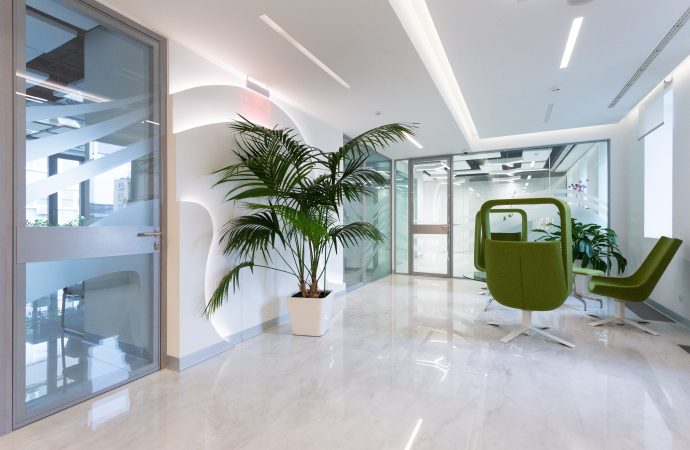As a journalist, I’ve been asked to explore the advantages and disadvantages of buying a fixer-upper. While some people dream of purchasing a new, turnkey property, others relish the idea of putting in some sweat equity and transforming a run-down property into a cozy and charming home. But before you dive headfirst into a fixer-upper
As a journalist, I’ve been asked to explore the advantages and disadvantages of buying a fixer-upper. While some people dream of purchasing a new, turnkey property, others relish the idea of putting in some sweat equity and transforming a run-down property into a cozy and charming home. But before you dive headfirst into a fixer-upper project, it’s important to weigh the pros and cons.
Advantages:
- Lower purchase price: One of the main benefits of buying a fixer-upper is the lower purchase price. Typically, these properties are priced lower than move-in ready homes, allowing buyers to save money on the purchase price.
- Customization: When you buy a fixer-upper, you have the opportunity to create a space that truly reflects your personal style and preferences. You can choose the materials, colors, and finishes that suit your taste, rather than having to settle for what someone else has chosen.
- Potential for profit: If you’re willing to put in the work, a fixer-upper can be a smart investment. By renovating and improving the property, you can increase its value and potentially make a profit when you sell.
Disadvantages:
- Costly repairs: Fixer-uppers can come with unexpected and costly repairs, such as electrical or plumbing issues. It’s important to have a thorough inspection done before purchasing to identify any potential problems.
- Time-consuming: Renovating a fixer-upper takes time and effort, often requiring significant amounts of physical labor. This can be a major drawback for those who are short on time or lack DIY skills.
- Uncertainty: With a fixer-upper, there is always a level of uncertainty involved. You may encounter unexpected problems during the renovation process that could delay the project or add to the costs.
In conclusion, buying a fixer-upper can be a smart investment for those who are willing to put in the time, effort, and money required to renovate the property. However, it’s important to carefully consider the potential drawbacks before taking on such a project. Ultimately, the decision to buy a fixer-upper comes down to your personal preferences and goals for your home.

















Leave a Comment
Your email address will not be published. Required fields are marked with *